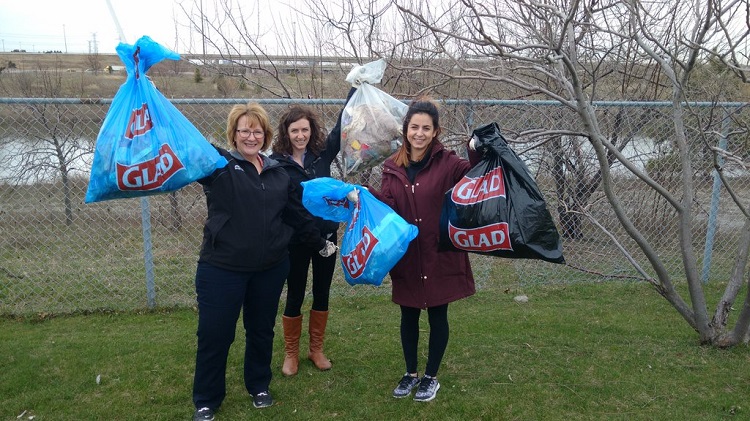As global temperatures continue to rise and extremes in our weather become increasingly unpredictable, Toronto and Region Conservation Authority (TRCA) is working with communities, businesses and municipalities to encourage action on climate change.
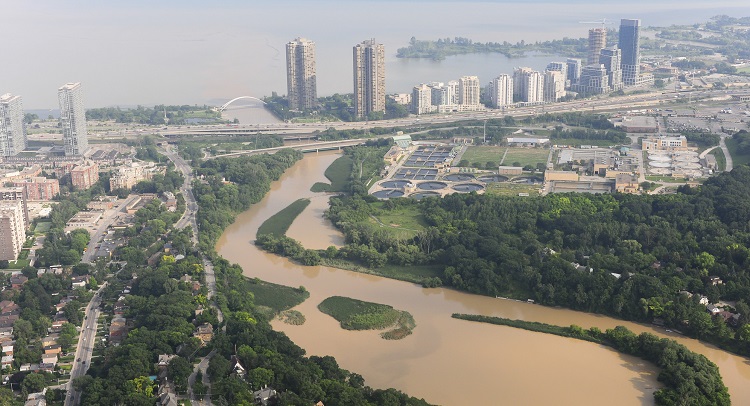
TRCA is committed to exemplifying leadership by taking immediate action on climate change. Our strategy incorporates two different approaches: Adaptation and Mitigation.
ADAPTATION
TRCA’s adaptation approach is based on reducing harm to individuals, and building resilient natural systems and watersheds.
Don Mouth Naturalization and Flood Protection Project
TRCA, in partnership with the Toronto Waterfront Revitalization Corporation (TWRC), is proceeding with the DMNP. The goal of the project is to transform the existing mouth of the Don River, into a healthier, more naturalized river outlet while sustaining the form, features, and functions of a natural river mouth, while at the same time, removing the risk of flooding to 230 hectares of urban land.
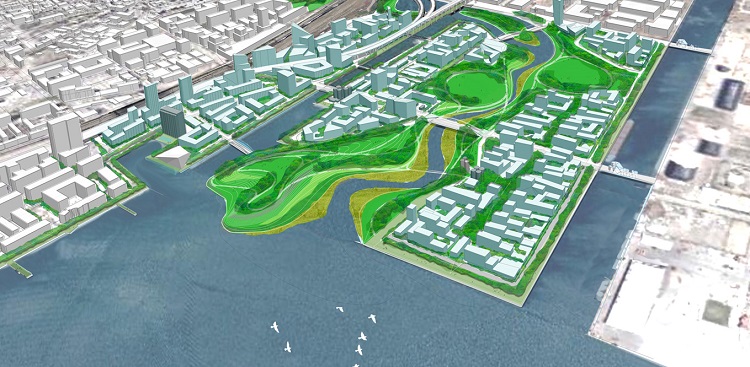
Extreme Rainfall Trend Project
Recent short duration, intense rain storms have caused significant problems in the Toronto area in the last few years, and climate change researchers have predicted a global increase in the intensity of such storms leading to speculation that the recent storms are evidence of the effect of climate change in the Toronto area.
The TRCA has examined this possibility by looking for annual and monthly trends in short duration extreme rainfall in the historical records of climate stations in the Toronto and surrounding area. The existence of such evidence would support the conclusion that the short-duration rainfall climate of Toronto has changed in a manner consistent with global climate change and add weight to arguments that planning for infrastructure changes must proceed rapidly to deal with these changes plus provide insight into the magnitude of expected changes.
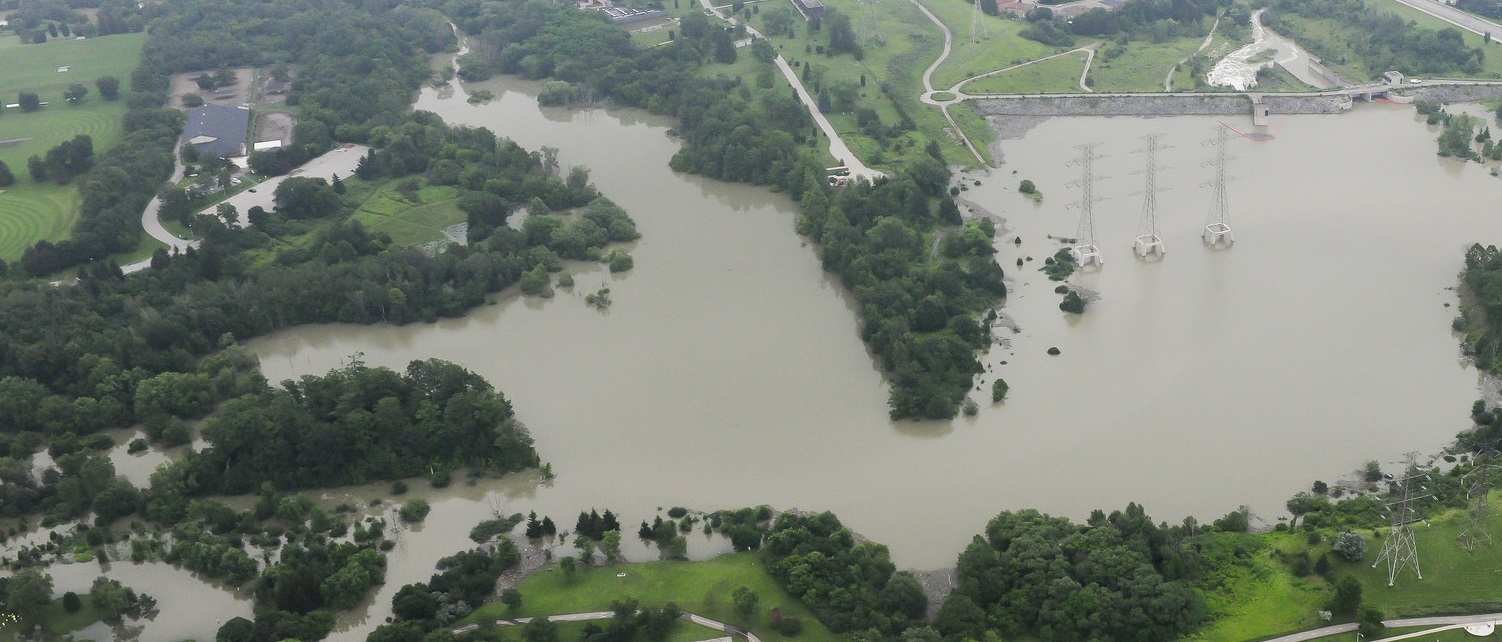
Intensity Duration Frequency (IDF) Curve Study
Intensity Duration Frequency (IDF) curves are meteorological based tools used to design drainage infrastructure such as storm sewers and culverts. The current methodology in developing these tools involves using extreme rainfall data at a point and based upon the theorem that the longer the period of record, the more accurate the statistical assessment and resulting curve. These curves are then interpolated to be applicable over an undefined spatial area and that historical data is representative of future events.
Under a changing climate, scientists have indicated that meteorological conditions across Ontario are expected to change, in specific the frequency of small extreme precipitation events is anticipated to increase. Small extreme events often miss IDF sites and currently go unaccounted for resulting in a potential for under designing of critical infrastructure, in addition, the theorem of historical data being representative of future is also becoming invalid.
Mainstream: The National Water Adaptation to Climate Change Project
The purpose of the Mainstream project is to mobilize knowledge on climate change and water resource management nationally. There are three main components to the project:
- The creation of a nationally applicable and easily accessible compendium (or database) of tools and knowledge related to adapting to extreme weather and hydrologic events associated with climate change.
- The release of a briefing report on the state of water resource adaptation nationally that will highlight opportunities and needs for advancing this work across Canada.
- Providing a venue for dialogue, networking, and sharing of knowledge on adaptation. A Forum took place on March 22nd and 23rd, 2012 in Toronto, to contribute to this aspect of the project.
Natural Heritage Climate Change Study
A changing climate has the potential to impact natural system functions in numerous and significant ways. Many impacts are already detectable such as shifting species distributions and migration times. There is a growing body of knowledge regarding both the predicted changes to the Earth’s climate as well as the potential impacts this may cause to both terrestrial and aquatic ecosystems.
This project has developed a risk assessment framework which uses recognized climate predictions and broad ecological impacts from existing literature reviews, combined with local expert knowledge of Southern Ontario ecosystems, to document and assess the likelihood of specific ecological impacts on indicator species or systems within the TRCA jurisdiction. The information gained through this project will be used to help inform and update existing natural heritage management strategies and practices.

Ontario Climate Consortium
The range of risks to Ontario from climate change is diverse and far-reaching. The financial, legal and statutory implications facing public and private sector decision makers are not trivial. The Ontario Climate Consortium (OCC) provides a platform to develop consistent climate information, climate risk assessment and adaptation across the province for various sectors vital to the economic development, social well-being, and health of Ontario residents and eco-systems. OCC builds upon the well established climate science expertise located within partner universities and the practical experience of end users such as municipalities and conservation authorities across the province.
OCC’s mission is to equip public and private sector decision makers with regionally-specific climate data, intelligence and adaptation services that enable effective policy and investment responses to climate uncertainty in Ontario.
Public Infrastructure Engineering Vulnerability Dam Studies
Toronto and Region Conservation Authority (TRCA) owns and operates dams to reduce flood risk to vulnerable urban areas. Climate change impacts to these dams that could cause reduced performance or failure are a serious concern. Recently, TRCA partnered with Engineers Canada to conduct a climate change vulnerability assessment on two of these dams through the Public Infrastructure Engineering Vulnerability Committee (PIEVC).
The Committee was established by Engineers Canada with partners from all levels of government and the private sector to assess the vulnerability of Canada’s public infrastructure to impacts of climate change in four categories, including water resources and create a formal protocol for infrastructure owners to assess risks related to climate change.
The TRCA study applied the risk and vulnerability assessment processes of the PIEVC protocol, including a conventional probability-consequence approach to define risks associated with interactions between the components of the dam and various climate conditions and an engineering analysis refined the assessment of risks and flagged vulnerabilities by examining the capacity of the infrastructure to accommodate or adapt to the potential future climate load. Probabilities for existing climate conditions were based on the historic climate record, while projections of future climate were based on modelling, climate trend analysis, literature and expert opinion.
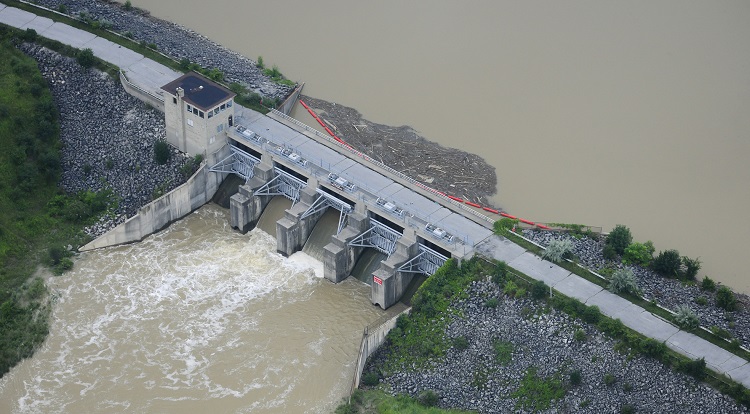
Sustainable Technologies Evaluation Program (STEP)
STEP is a multi-agency program led by Toronto and Region Conservation Authority (TRCA). It was developed to provide data and analytical tools necessary to support broader implementation of sustainable technologies and practices within Canada. Publications of STEP include the Low Impact Development Stormwater Management Planning and Design Guide; Evaluation of Solar-Assisted, Electric and Gas Golf Carts; and An Economic Analysis of Green Roof.
Urban Forest Canopy Study
TRCA is studying the impacts of climate change on the urban forest in the GTA, using a climate change risk assessment framework. An increases in temperature, precipitation, and atmospheric CO2 level are identified as the primary drivers of ecological impacts. Two pilot species, red oak and red maple have been examined in detail.
The preliminary findings suggest that climate change will have both positive and negative influence on urban trees. Following additional research and expert consultation, the results will be used to indicate levels and guide urban forest management.
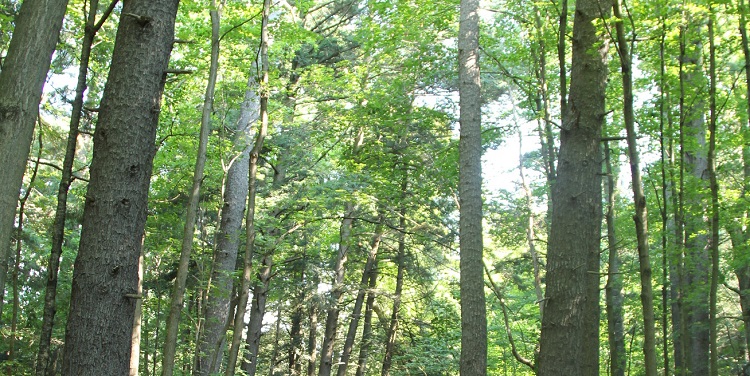
MITIGATION
TRCA’s climate mitigation approach is focused around conservation, eco-efficiencies and human health benefits.
Community Transformation
Cities are inextricably linked to climate change. Not only do cities produce enormous amounts of heat-trapping greenhouse gases, but the density of people and infrastructure makes cities very vulnerable to the effects of climate change. To assist cities and municipalities to maximize their climate change mitigation efforts, TRCA has published the report Getting to Carbon Neutral: A Guide for Canadian Municipalities.
Partners in Project Green
Partners in Project Green is a growing community of businesses working together to green their bottom line. Partners in Project Green delivers programming that helps businesses reduce energy and resource costs, undercover new business opportunities, and address everyday operational challenges in a green and cost-effective manner.
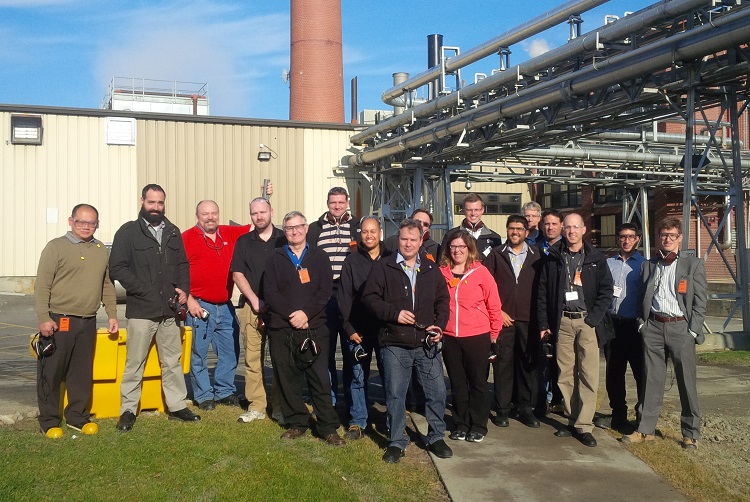
Sustainable Neighbourhood Action Program (SNAP)
The SNAP projects engages stakeholders in the action-oriented plans for improving environmental sustainability to increase climate change resilience in established urban neighbourhoods.
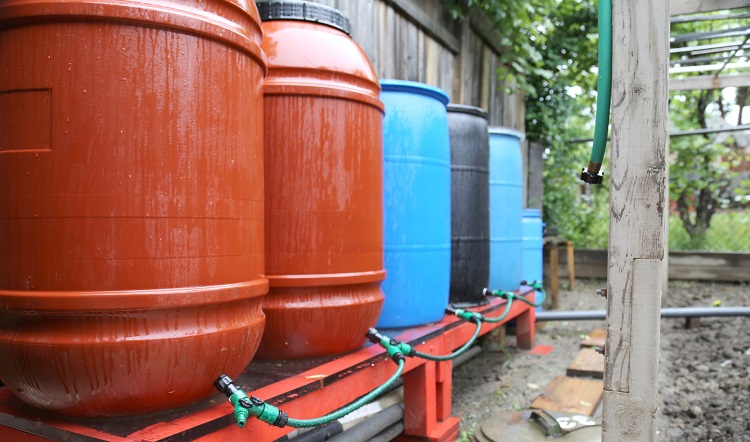
TRCA’s Corporate Social Responsibility Program
TRCA plays a leadership role in moving our region toward the Living City Vision, but we recognize that our daily operations have an impact on the environment. Because of this, TRCA is committed to a process of continual improvement toward operational sustainability in order to reduce our impact on the environment.
